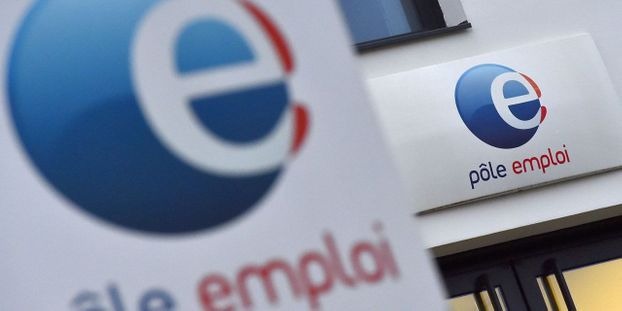In Deux-Sèvres, the small town of Mauléon, 8,800 inhabitants, is one of those areas that (almost) never experience long-term unemployment.
A situation made possible by the device "zero long-term unemployed territory".
Europe 1 went there to understand this success.
A lifeline against the economic crisis born in the wake of the coronavirus?
Despite the difficult context in which the country is plunged, in Mauléon, a small town of Deux-Sèvres with 8,800 inhabitants, there are only about twenty long-term unemployed.
This miracle, the municipality owes it to the "zero long-term unemployed territory", a device launched three years ago on an experimental basis in ten regions.
The result is so convincing that the state has decided to extend it to 50 other territories.
Europe 1 went there to understand this success.
>> LIVE -
Coronavirus: follow the evolution of the situation on Saturday 5 December
"The end of the month is much less difficult than before"
Since its creation in 2017, Esiam, a company with the aim of employing Mauléon, has been hiring long-term unemployed on permanent contracts to work in the recycling of wood, paper and fabric.
"We will find people who are 45 to 60 years old sometimes very far from employment", indicates at the microphone of Europe 1 Michel Rondeau, the referent of the beneficiaries.
Among them Séverine, for whom this contract took the form of a real lifeline.
"It changed a lot of things in my life, the end of the month is much less difficult than before", she confirms at the microphone of Europe 1.
CORONAVIRUS ESSENTIALS
> Three questions on the messenger RNA vaccine, probably the first available
> What do we know about "long Covid", these patients who are going through hell?
> These three facets of the coronavirus that you may not have heard of
> When are we in contact?
And other questions that we ask ourselves every day
> Coronavirus: the 5 mistakes not to make with your mask
everybody wins
This system, subsidized by the State at the rate of 17,000 euros per year and per employee, trickles down to the entire local economy.
Everyone wins, summed up at the microphone of Europe 1 Pierre-Yves Marolleau, the mayor of Mauléon.
"The traders are the first to realize that it is people who now consume. They went from zero to 500 euros per month to a minimum wage."
"And then for the town, it also allows us to do work that we could not do because Esiam is a company like any other" which pays charges, abounds the city council.
Today, this company employs 75 full or part-time employees, nearly a third of whom are disabled.

